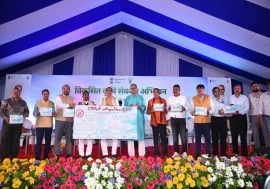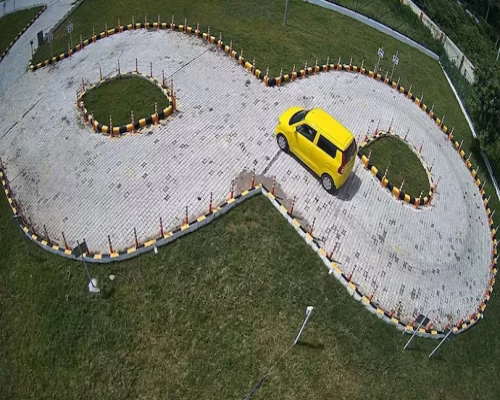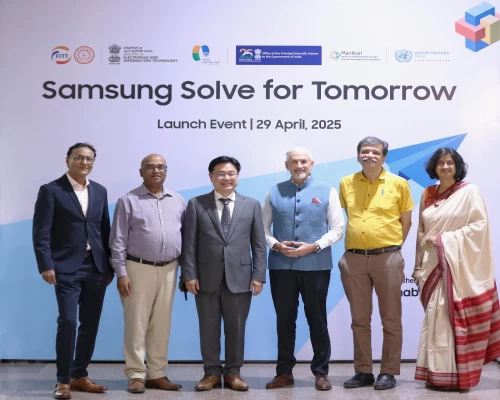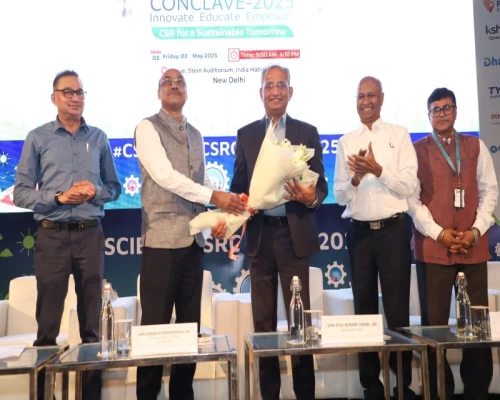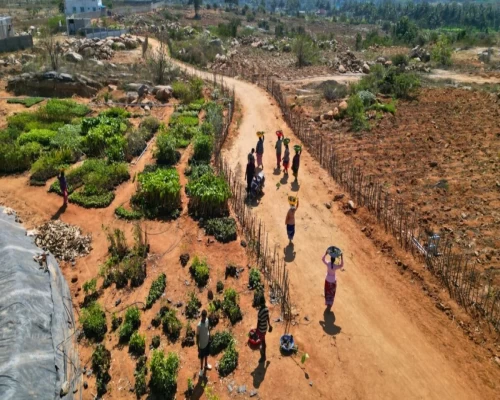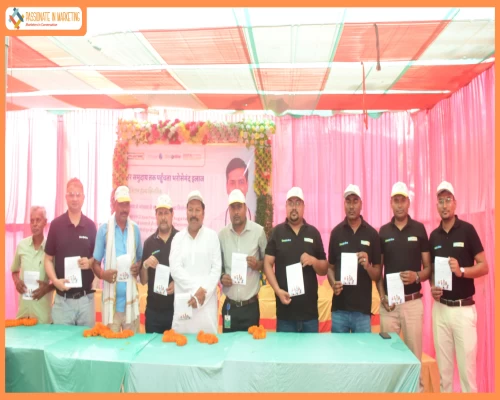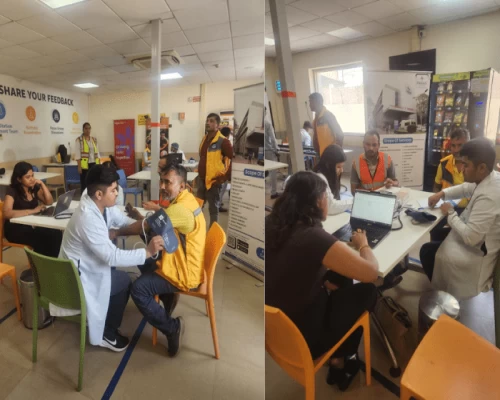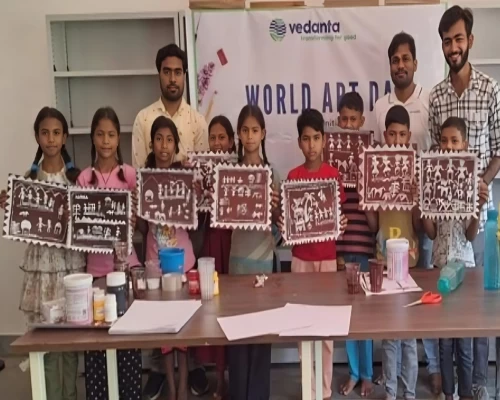
New Delhi: While India has made rapid strides in digital technologies, and expansion of IT infrastructure, the rural area of the country has somehow remained left out in catching up with the pace of change. Among others, capabilities of rural communities in leveraging the power of digital technologies have remained below the optimum level. To address this gap, and empower rural communities capitalize on the advances, READI -- Rural Empowerment & Awareness - A Digital Initiative -- has been launched, aligned with the philosophy of Mahatma Gandhi to empower Bharat. The mission of READI is to empower rural farmers, youth and women through digital knowledge and skills.
“READI strives to empower rural populations through digital skills and literacy. It aims to foster the spirit of democracy by enabling people in rural and remote areas to acquire requisite skills and knowledge in digital and social media management. It is designed to bridge the digital access divide,” said Dr Navneet Anand, Founder and Mentor, READI.
READI is a social responsibility initiative by Fijeeha (Forum of Indian Journalists on Education, Environment, Health & Agriculture) and GreyMatters Communications & Consulting. The first component of READI is a 15-hour NO-COST online digital and social media management training.
The focus of the program is participation, inclusion and empowerment of farmers, rural youth and women to upscale their digital knowledge and skills so that they use technology with responsibility. Through our program we wish to provide practical exposure in digital management so that farmers, rural youth and women leverage technology for optimizing their lives and livelihood opportunities.
“It is a great coincidence that READI is being launched on the day when two great souls of our country were born – Mahatma Gandhi and Lal Bahadur Shastri. If Gandhi Ji was staunchly committed to the cause of Sarvodaya – development of all, Shastri Ji felt so strongly for our farmers, the backbone of our economy.” added Dr Anand, while speaking at the inaugural webinar of READI.
Dr Vivekanand Pandey, Pro Vice Chancellor, Amity University, Patna, while sharing his thoughts on ‘Digital Media and Social Empowerment’ said that multiple interventions are to be made to bridge the digital divide in order to make India really empowered and self-reliant. “The beginning has to be made by creating digital awareness among rural masses, which READI aspires to do,” added Dr Pandey.
Prof Prem Mohan Mishra, Bal Sahitya Academy Winner from Darbhanga called READI a much needed intervention. "To bridge the social divide between urban and rural India, it is important to empower rural population with new age tools like Social Media", he added.
Dr Anubhuti Yadav, Head, New Media and Information Technology, IIMC, New Delhi, said that new media consisting of social media platforms have emerged as an important tool for transforming rural India. “It is heartening indeed that READI is being launched to equip rural youth with necessary digital skills and enable them to use technology with responsibility. The initiative will not only equip trainees with digital knowledge but will also add values to their CVs,” said Dr Yadav.
Dr Santosh Singh, sociologist and social commentator, said that rural youth must be trained in digital know-how and digital literacy skills. “In today’s time, they must know social media management, online identities, netiquettes, digital communication skills, online safety and security. Online marketing – sale and purchase of goods and services – is likely to remain a preferred choice in the post-pandemic period as well,” said Dr Singh.
Sharing his vision on ‘Significance of Digital Education in Empowering Youth, Farmers and Women,’ Dr Manoj Kumar Singh, Associate Professor, Department of Hindi, Raja Singh College, Siwan, Bihar, said that Covid-19 pandemic has forced us to learn how to keep the socio-economic process going in times of adversity. “It has thrown up questions like how many are equipped to live the digital way. We need to ensure availability of infrastructure, access to required tools like computers and smartphones, speed and availability of internet,” he said.
Calling for bridging the digital divide that exists between rural and urban areas, Dr Singh stressed the need for conscious policy decisions to support online education infrastructure by ensuring internet connectivity. “Evolution of human civilization has been a saga of innovation and use of tools for improving the ease and comfort of living. Virtual reality is the new reality. Hence, the need to focus on rural masses,” he said.


